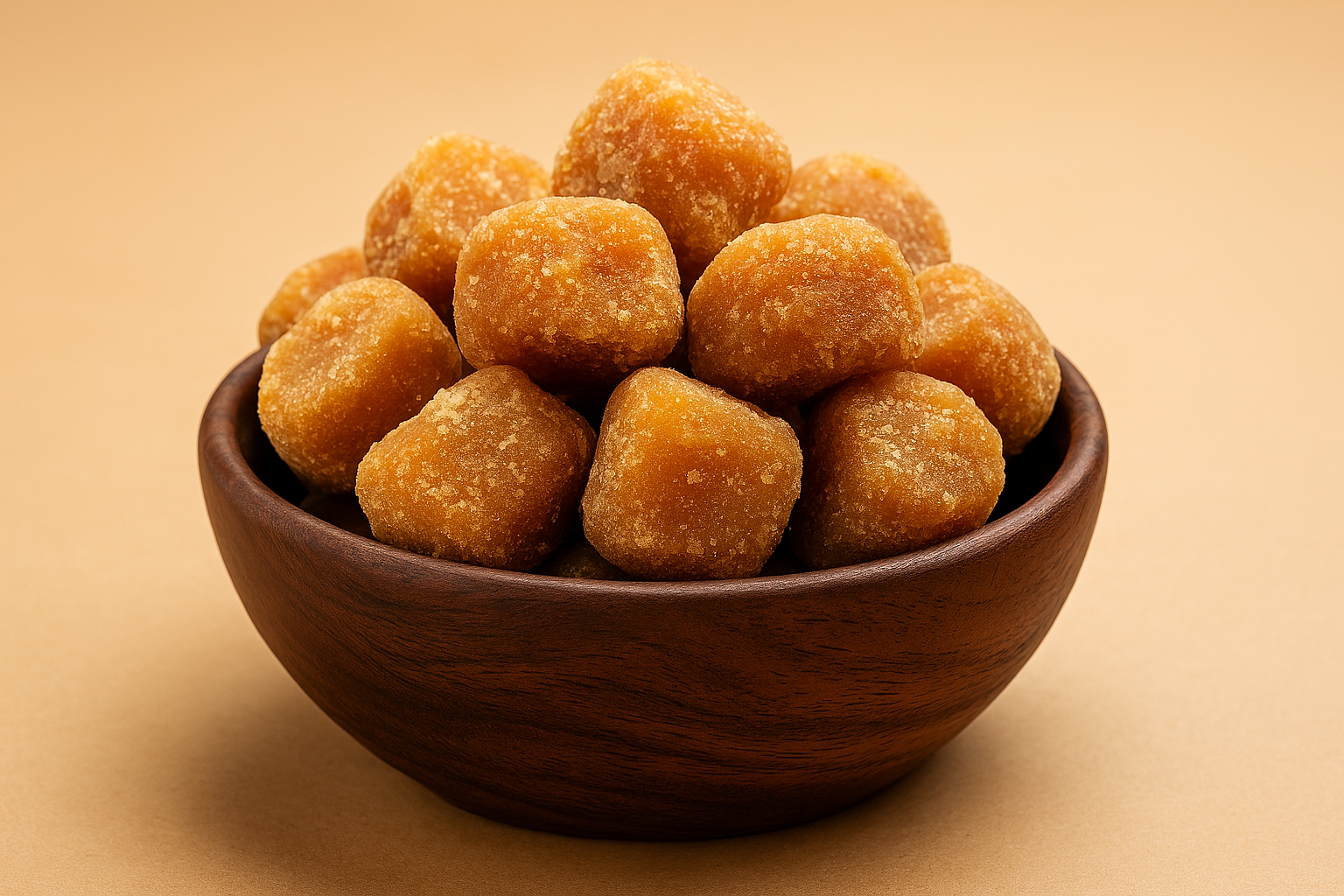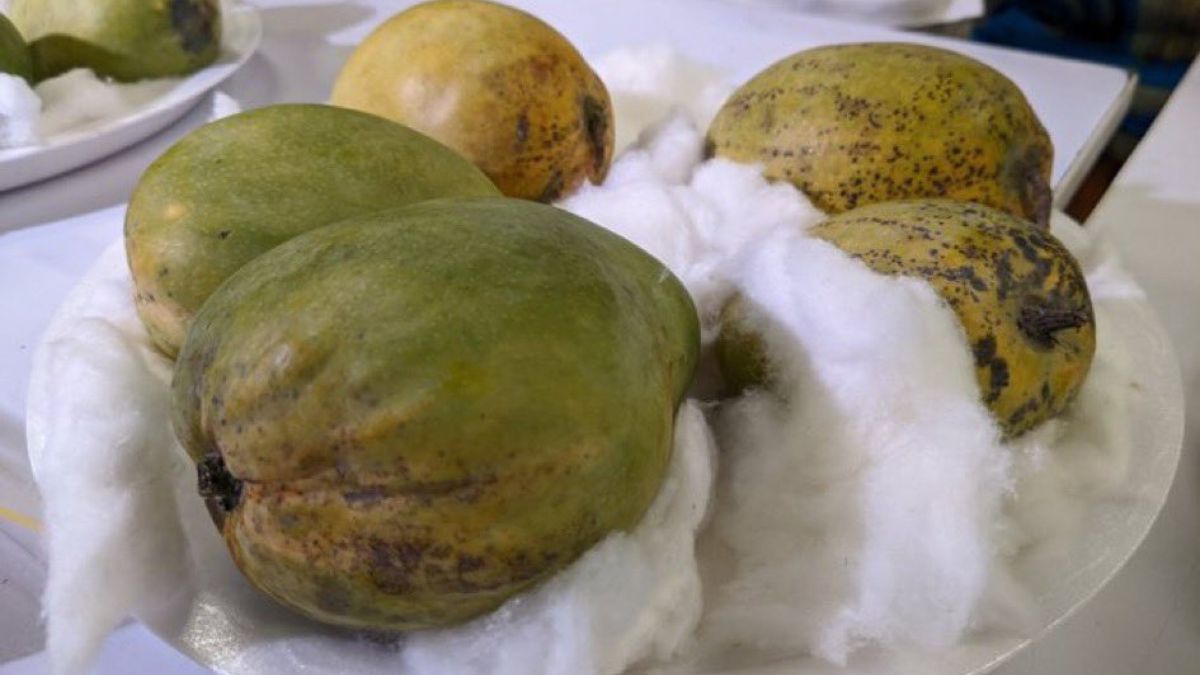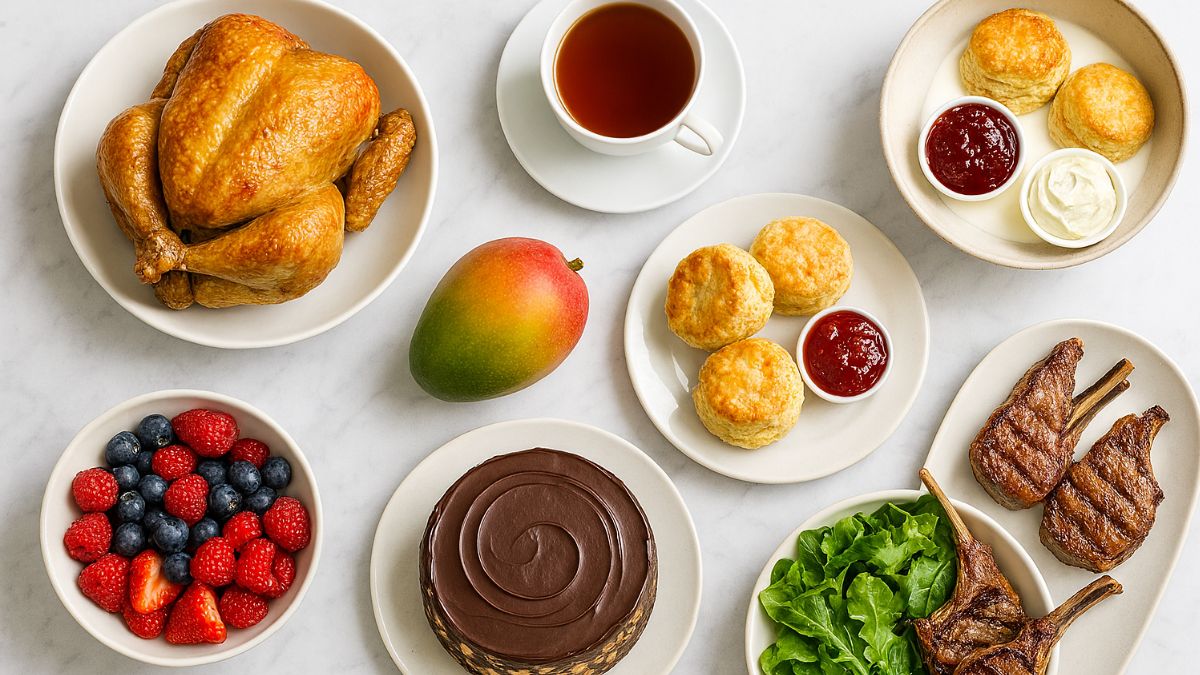Wonder why wine accords so well with a meal - the secret lies in the sensitivity of our mouths, say researchers.A nice glass of wine goes well with a hearty steak. The astringent wine and fatty meat are like the yin and yang of the food world, sitting on opposite ends of a sensory spectrum.Now taste researchers think they may understand why that is. They offer a whole new definition of the balanced meal, a new way of thinking about our eating habits, both good and bad, the journal Current Biology reported.
"The mouth is a magnificently sensitive somatosensory organ (sensing stimuli from the skin and internal organs), arguably the most sensitive in the body," said Paul Breslin of Rutgers University and the Monell Chemical Senses Centre."The way foods make our mouths feel has a great deal to do with what foods we choose to eat," added Breslin, according to a Rutgers and Monell statement.It might explain the appeal of salad dressings, with their characteristic acids and oils, for example. Think also of the pink folds of ginger on the sides of our sushi plates or the soda with our burgers and fries.Researchers knew that astringent wines feel rough and dry in our mouths.Fats, on the other hand, are slippery. There was the notion that the two might oppose each other, but it wasn't quite clear how that might really work.Breslin, Catherine Peyrot des Gachons and colleagues now show that weakly astringent brews - in this case containing grape seed extract, a green tea ingredient, and aluminum sulfate - build in perceived astringency with repeated sipping.When paired with dried meat, those astringent beverages indeed counter the slippery sensation that goes with fattiness.This natural tendency for seeking balance in our mouths might have benefits for maintaining a diversity of foods in our diet."The opposition between fatty and astringent sensations allows us to eat fatty foods more easily if we also ingest astringents with them," Breslin said.As an aside, Breslin adds, fresh seeds and nuts could have a certain sort of appeal."These foods come both with their own fats and astringents in one package, so they may be self-balancing."
"The mouth is a magnificently sensitive somatosensory organ (sensing stimuli from the skin and internal organs), arguably the most sensitive in the body," said Paul Breslin of Rutgers University and the Monell Chemical Senses Centre."The way foods make our mouths feel has a great deal to do with what foods we choose to eat," added Breslin, according to a Rutgers and Monell statement.It might explain the appeal of salad dressings, with their characteristic acids and oils, for example. Think also of the pink folds of ginger on the sides of our sushi plates or the soda with our burgers and fries.Researchers knew that astringent wines feel rough and dry in our mouths.Fats, on the other hand, are slippery. There was the notion that the two might oppose each other, but it wasn't quite clear how that might really work.Breslin, Catherine Peyrot des Gachons and colleagues now show that weakly astringent brews - in this case containing grape seed extract, a green tea ingredient, and aluminum sulfate - build in perceived astringency with repeated sipping.When paired with dried meat, those astringent beverages indeed counter the slippery sensation that goes with fattiness.This natural tendency for seeking balance in our mouths might have benefits for maintaining a diversity of foods in our diet."The opposition between fatty and astringent sensations allows us to eat fatty foods more easily if we also ingest astringents with them," Breslin said.As an aside, Breslin adds, fresh seeds and nuts could have a certain sort of appeal."These foods come both with their own fats and astringents in one package, so they may be self-balancing."
Advertisement
For the latest food news, health tips and recipes, like us on Facebook or follow us on Twitter and YouTube.
Tags:










